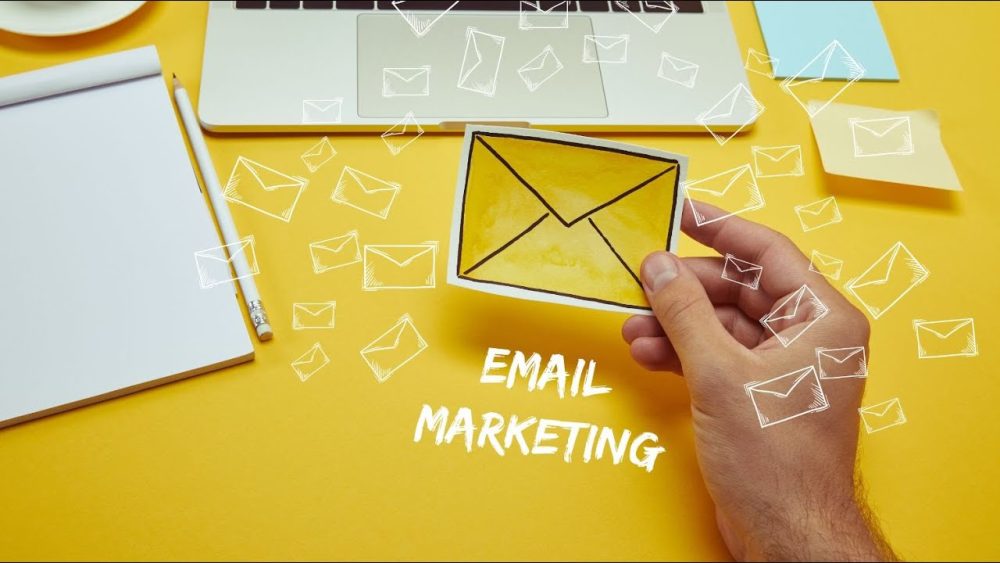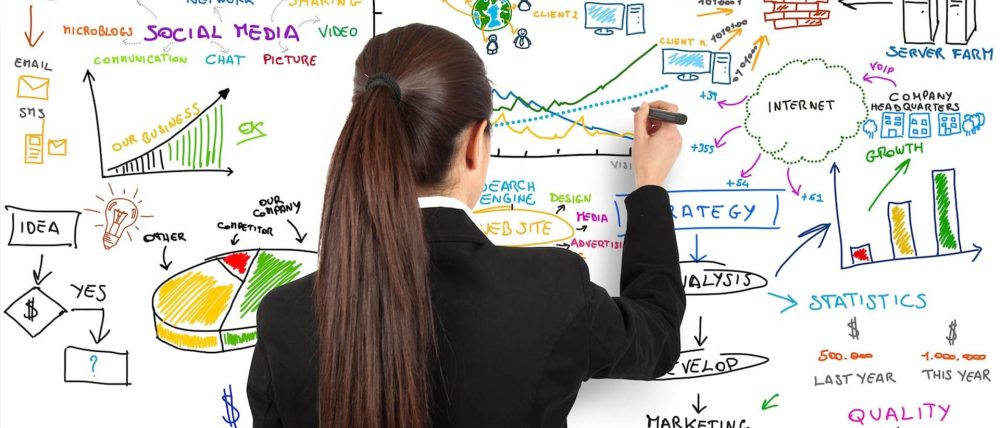In the world of digital marketing, where new channels for promotion are emerging daily, one of them remains consistently effective — email. It’s not just about sending messages, but about a structured strategy of interacting with users. This is where the profession of an email marketer comes to the forefront, combining analytics, creativity, and a deep understanding of the audience.
A specialist is responsible for how a brand communicates with customers in their inbox, retains attention, and encourages action. It’s not just about mass mailings, but about segmentation, automation, trigger emails, hypothesis testing, and building trust in the brand.

Email Marketer Profession: What Does an Expert Do and Why Is It Important?
Who is an email marketer? It’s a professional who designs email sequences, sets up communications based on triggers, and analyzes campaign effectiveness. But the actual work goes far beyond these definitions.
A modern email marketing specialist controls the customer’s journey from the first contact to repeat purchases. They adapt messages for different segments, create content plans, monitor metrics like open rates, clicks, and return on investment.
Why is this important? Because email remains one of the most conversion-driven channels: with minimal costs, it can consistently generate high revenue.
What Key Tasks Does an Email Marketer Solve in a Company?
To understand the role, it’s important to see the work structure. The list below presents key functions performed by a specialist in the team:
- Collecting and managing subscriber databases while respecting privacy rules;
- Segmenting the database based on interests, activity, and other parameters;
- Creating newsletters, both regular and triggered (response to customer actions);
- Optimizing templates and layouts of newsletters for adaptability;
- Tracking key metrics: open rates, clicks, unsubscribes, and conversions.
These tasks form the daily routine, and each of them is critical for the success of the entire marketing strategy — this is where the essence of the email marketer profession is manifested.
What Skills Should an Email Marketing Specialist Have?
To be in demand and competitive, an email marketer needs not only to know the tools but also to think within the sales funnel framework, analyze behavior, and skillfully build communication. Here are the key competencies that shape a professional profile:
- Understanding the principles of creating trigger emails and funnel scenarios;
- Working with CRM and automation platforms (e.g., Unisender, Mindbox, Mailchimp);
- Copywriting skills and content plan development;
- Basic message formatting (HTML/CSS) and mobile device adaptation;
- In-depth analysis of campaign effectiveness metrics.
Mastering these areas allows confidently building a career path towards leadership positions.
How to Become an Email Marketer: Steps into the Profession
The path into the field is open for both experienced marketers and newcomers willing to explore this in-demand direction.
To understand how to become an email marketer and acquire the profession, it’s not necessary to have a technical background. What’s more important is systematic thinking, learning, understanding sales funnel logic, and readiness to work with numbers and analytics.
It’s advisable to start by studying the basics of email marketing, which can be done through specialized courses and training programs. Simultaneously, it’s crucial to master at least one service for creating and sending newsletters, as well as a basic CRM tool for managing contacts and segmentation.
The acquired knowledge should ideally be supported by practice: this could involve a test assignment, creating a full email sequence for a real or educational project. It’s also important to understand basic audience segmentation and email automation — these tools significantly enhance communication effectiveness.
Starting work as an email marketer can begin with freelance projects, internships, or positions in agencies, which will help quickly solidify skills and build a portfolio.
This approach helps establish a solid professional foundation and confidently enter the market with a relevant set of competencies.
What Salary Does an Email Marketer Receive and Where Is the Demand?
The market needs specialists who can not only write texts but also build systematic processes and increase sales through email. Therefore, the salary of an email marketer can vary depending on experience, level of automation, and results.
At the start — from 60,000 rubles in agencies and e-commerce; with 2 years of experience and successful cases — from 120,000 rubles and above. In product companies with long sales cycles and large databases, the figure can reach 200,000–250,000 rubles.
Specialists who can combine technical setup, analytics, and content creation are particularly valued. Freelancers are also in high demand: email marketing is an ideal tool for small businesses.
Why Is Email Marketing Still a Relevant Channel?
Despite the growth of social networks and messengers, email remains a universal channel: it is independent of algorithms and allows direct interaction with the customer base. This is why the profession of an email marketer remains relevant:
- Ability to control communications independently of third-party platforms;
- Reduced costs compared to paid traffic and targeting;
- Flexible customization based on specific segment behaviors;
- High level of trust with proper presentation and design of newsletters;
- Wide range of tools for automation.
These advantages turn working with email into not just a point of contact but a full-fledged ecosystem of customer interaction.

Email Marketer Profession — Synthesis of Strategy, Creativity, and Analytics
The modern market demands not just mass mailings, but a precise understanding of the customer, engagement, and the ability to deliver results. That’s why the email marketer profession is among the most promising directions in digital marketing today.
The ability to manage databases, launch trigger emails, build content plans, and analyze user behavior makes an email specialist an integral part of any marketing team. This path opens real opportunities for growth, development, and good earnings — both in agencies and product companies.













